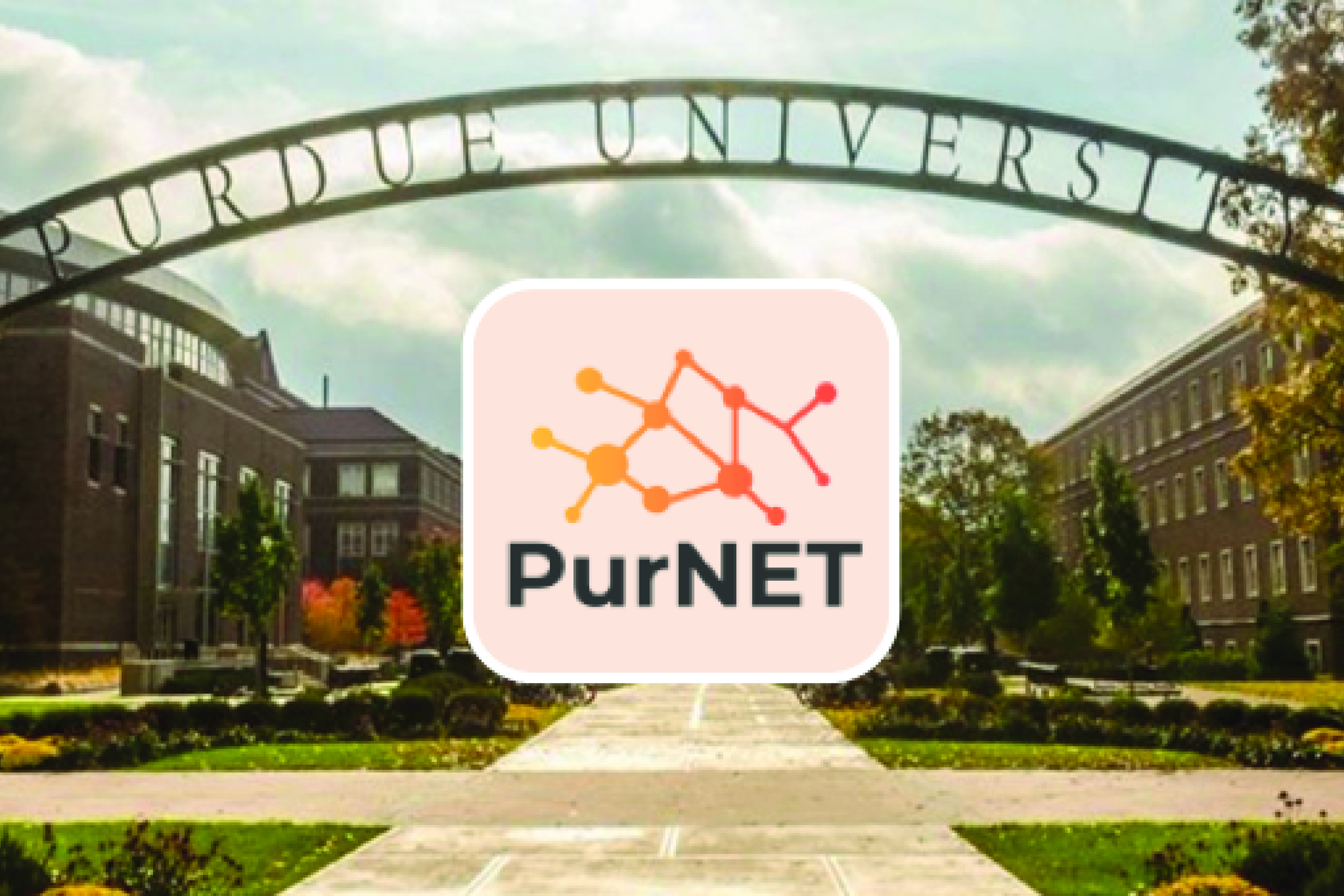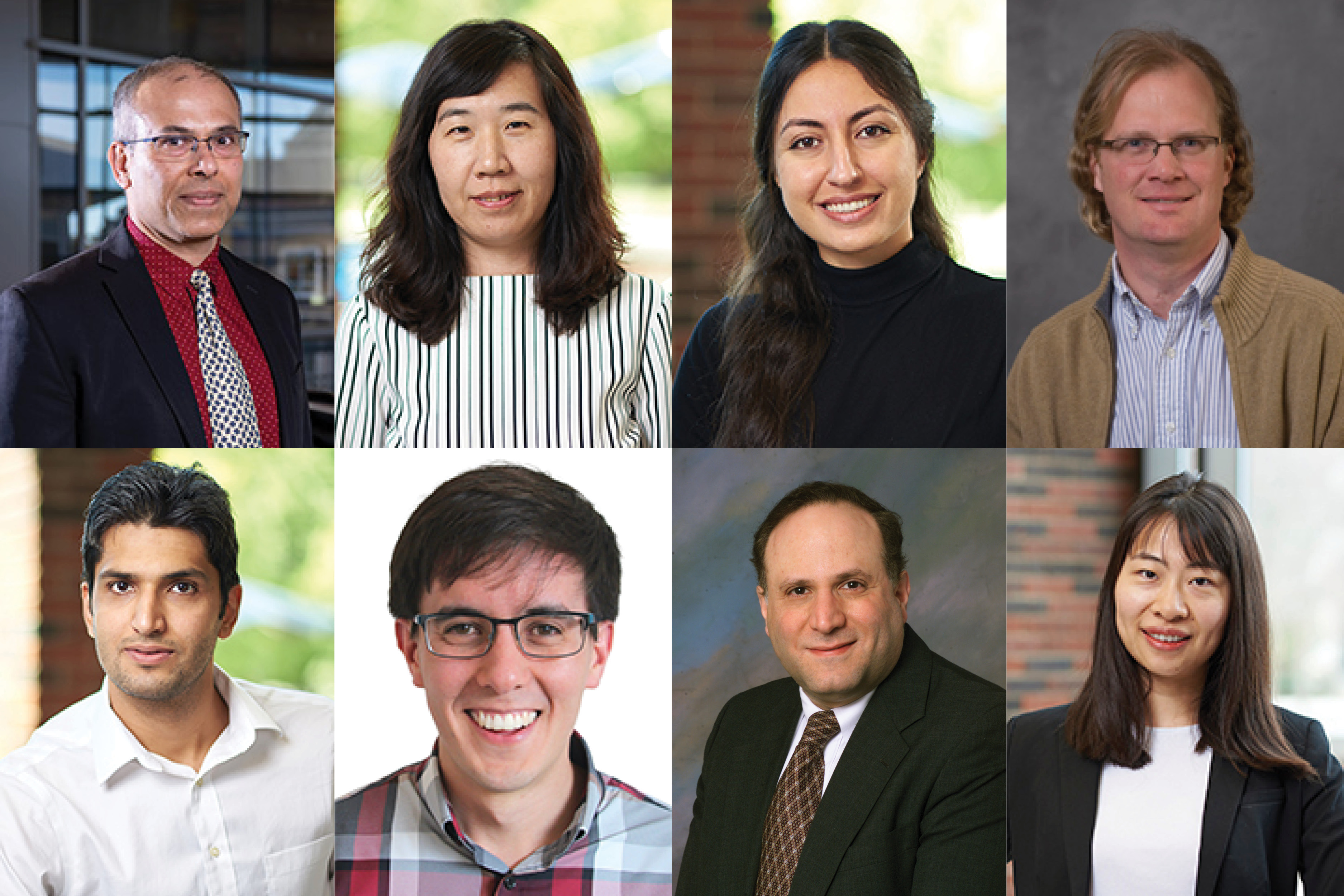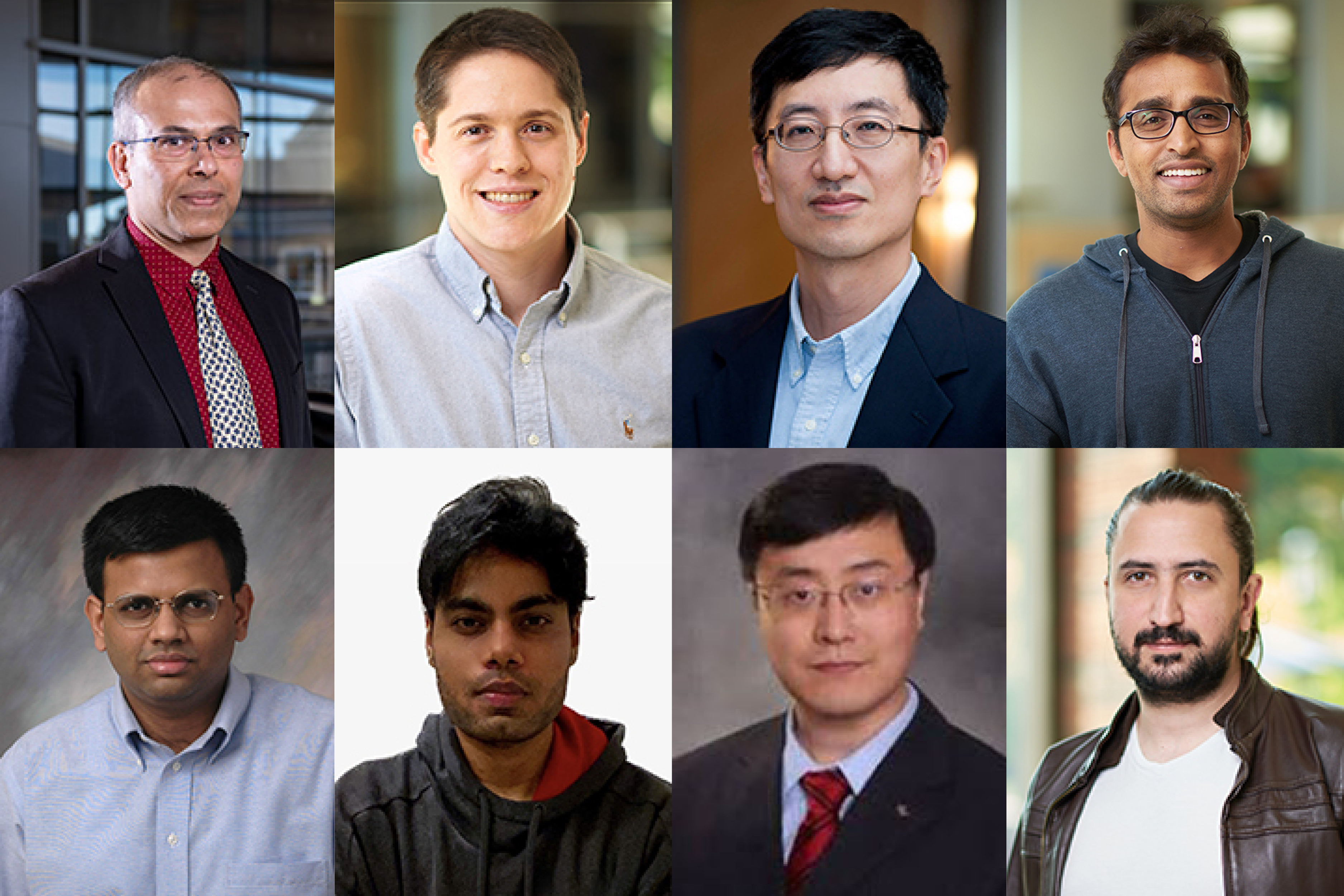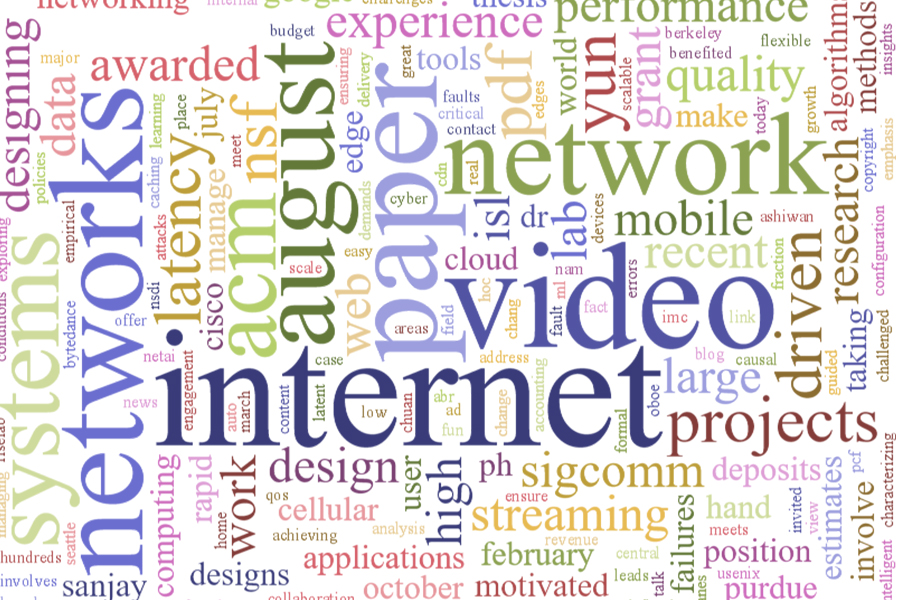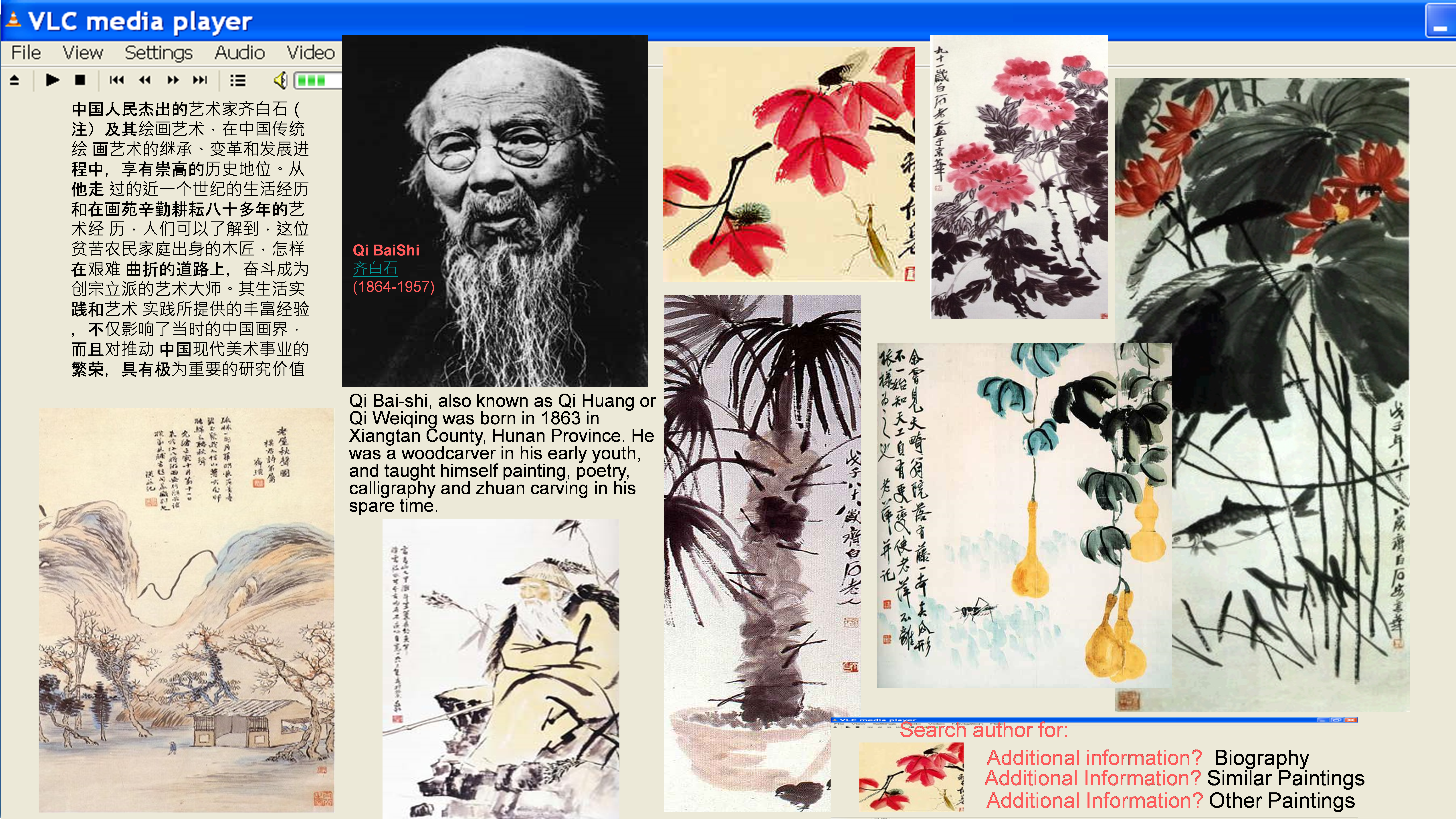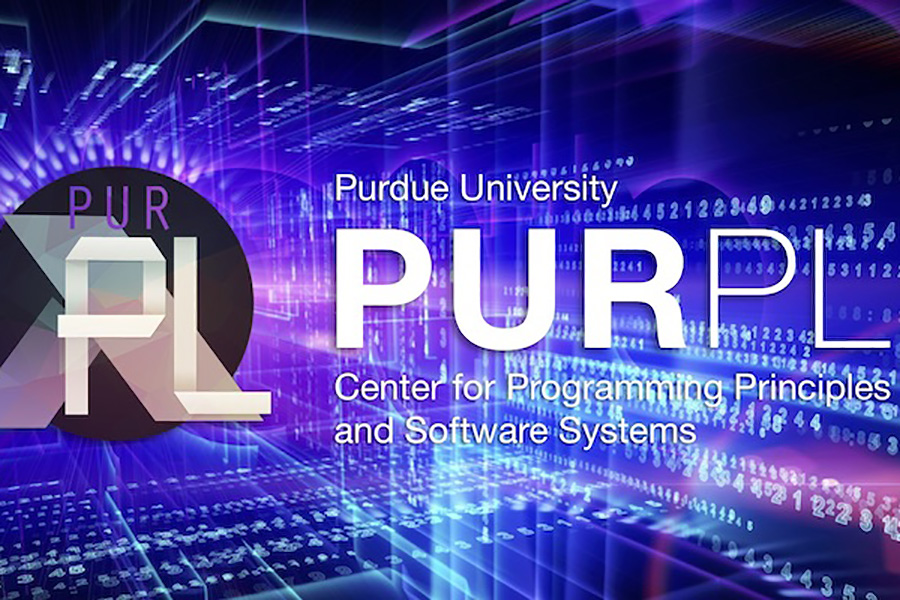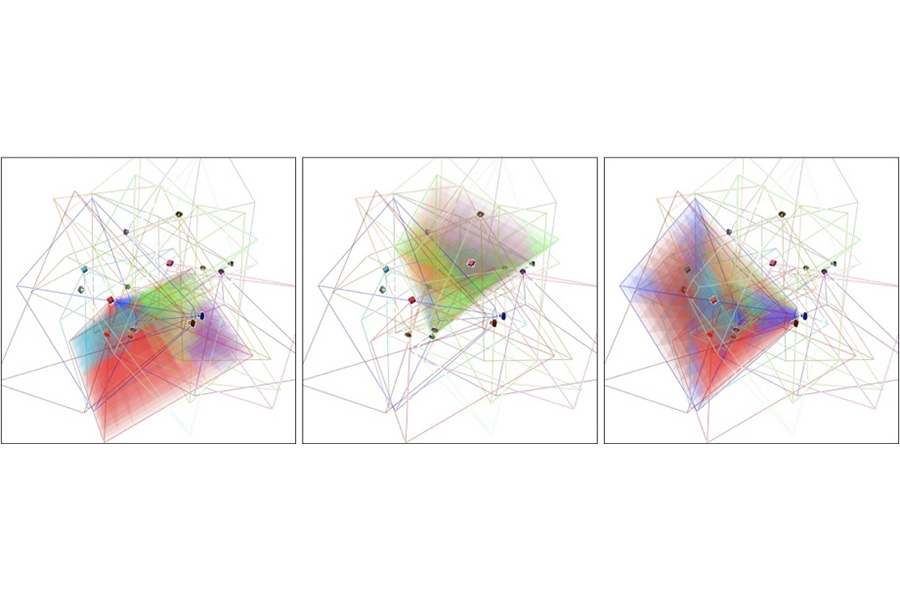The biggest companies in the world—Apple, Amazon, Google, Facebook, Microsoft—are built on the technologies developed by computer engineers and computer scientists. But computer engineers are vital not only to those giant tech companies. No modern company can survive without the software and the hardware you will learn to design and to build in Computer Engineering at Purdue. As a computer engineer you will master technologies that can address critical societal needs in domains such as health care, national security, space research, technology for special needs children, and more. Computer Engineers learn about the full computing stack. They learn about hardware—from circuits to microcontrollers to general-purpose microprocessors. They learn about systems software—the operating systems, programming languages, compilers, and networking software that no modern computer can be without. They learn about algorithms that transform concepts to actions. And they learn about the grand challenges that drive modern computing: security, artificial intelligence, the Internet of Things, and beyond. Computer Engineering faculty are at the forefront of tackling these challenges through their path-breaking research which leads to high-impact inventions and which are translated to what they teach in the classrooms. Unlock your potential to shape the future of computing with Computer Engineering at Purdue.
Computer Engineering
Purdue Computer Networking (PurNET) Lab
PurNET Lab is Purdue University’s computer networking and networked systems lab. The lab does cutting-edge networking research on a wide-range of topics, including network hardware design (routers, switches, NICs), programmable and software-defined networks, reconfigurable datacenter network architectures, AI/ML for networks and networks for AI/ML, networks for AR/VR, network security and privacy, traffic engineering, network verification, video streaming, mobile networking, IoT and edge computing, 5G/6G, mmWave and wireless networking. The lab also conducts a weekly seminar to discuss the latest research in networking and to also provide an opportunity for the new and junior members of the community on how to carry out computer networking and systems research.
Associated Faculty: Sanjay Rao,
Vishal Shrivastav,
Y. Charlie Hu,
Xiaoqi Chen
Artificial Intelligence
We work on a broad range of topics, including Adversarial examples, Automated reasoning, Automatic differentiation, Biomedical data science, Computer vision, Data mining, Explainable and interpretable AI, Fairness, Federated learning on edge devices, information integration, Information trustworthiness, Machine learning, Natural language processing, Neuroscience, Probabilistic models, Reinforcement learning in structured domains, Robotics, and Security in machine learning. Our contributions come both on the foundational aspects and the applied aspects and our publications at the top journal and conference venues reflect the dual thrusts. AI is a rapidly growing group within ECE and correspondingly these topics are being broadened at a fast pace.
Associated Faculty: Saurabh Bagchi,
Jing Gao,
Mahsa Ghasemi,
Robert Givan,
Abolfazl Hashemi,
David Inouye,
Jeffrey Mark Siskind,
Joy Wang
Computer Architecture
The decades long transistor scaling guarantees that have enabled the meteoric rise of the microprocessor industry are slowing down and no longer give us exponential increases in performance and efficiency "for free". The coming decades will challenge computer architects to create innovative designs that can execute the ever increasing and diverse computing demands of society in the most efficient way possible.
Here at Purdue, we have a long history of strong presence in the top architecture and systems venues. In the past, we have some of the earliest and well-cited papers on cache leakage, low-power architectures, fault tolerance, and multicore cache hierarchies. More recently, we have made cache coherence both provably verifiable (a decades-old problem) and scalable in performance. Our interests are also broad: On the wild side, we have defined architectures for programmable microfluidics where programs operate on fluids instead of values! (this work gave rise to a start-up, Microfluidic Innovations). We have also contributed a breakthrough in Internet router hardware for packet classification, another decade-old problem (EffiCuts). Embracing Cloud and datacenter-scale computing, we have well-received papers on datacenter network transport layer and MapReduce.
We are now looking at architectures for machine learning and Big Data, processing near memory by leveraging 3-D stacking, architectural options beyond Moore's Law and architectural support for datacenter networks and cloud computing. These are exciting times - there are so many fun, high-impact problems to solve.
Associated Faculty: Tim Rogers, Mithuna S Thottethodi, T. N. Vijaykumar
Computer Systems and Networking
The systems and networking group at Purdue ECE conducts a wide range of experimental computer systems research. Our current projects span fault-tolerant networks and systems, systems and software security, securing software development lifecycles, Internet video streaming, verifiable network design, mobile device energy management, programmable network hardware, and wireless networking. Our group consists of seven core faculty, three affiliated faculty (in a broad range of areas including software engineering and machine learning) and over 50 graduate students and research staff.
Associated Faculty:
Saurabh Bagchi,
James Davis,
Y. Charlie Hu,
Aravind Machiry,
Sanjay Rao,
Vishal Shrivastav,
Lu Su,
Santiago Torres-Arias
Dependable Computing Systems Lab (DCSL)
We design reliable and secure systems. In our lab, big data techniques are applied to systems at large scales. Our work is motivated by the fact that systems are increasing in scale, both in terms of the number of executing elements and the amount of data that they need to process and existing dependability techniques are increasingly failing to meet the demands of such scaling. Further, systems are heterogeneous, both in terms of hardware (GPU, DSP, FPGA, etc. coupled with traditional CPUs) and software (software from multiple parties being integrated to provide end-user functionality). Our application contexts come from various domains, many from our industrial colleagues. These include: security-critical enterprise systems, mobile and wearable systems, cloud platforms, and cyber physical systems. Our solutions win awards at the top conferences and show up in industrial prototypes and products.
Associated Faculty: Saurabh Bagchi
High-Efficiency, Low-Power Systems Group (HELPS)
HELPS develops the technology to improve the efficiency and performance of computing systems. Our research includes cloud and mobile computing, image/video processing, resource management. Energy efficiency is one of the "enablers" in computing and longer battery lifetime has been consistently ranked as at the top of mobile users' most-wanted improvement. HELPS integrates the convenience of mobile computing and the abundant resources in cloud computing for providing better performance at lower energy consumption. HELPS is constructing a platform using globally deployed network cameras for mobile users to obtain real-time views of the world.
Associated Faculty: James Davis, Yung-Hsiang Lu
Haptic Interface Research Lab (HIRL)
HIRL is devoted to the investigation of the underlying principles for the design, development and evaluation of human-machine interfaces, with an emphasis on haptic interfaces. It is equipped with several unique equipment, including a real-time pressure-distribution measurement system, two force feedback devices, and several vibrotactile displays developed in-house.
Associated Faculty: Hong Tan
Internet Systems Lab (ISL)
Our focus is on research related to the Internet and Distributed Systems. Our current research focuses on Cloud Computing. Specifically, we are looking at how best to architect interactive web-applications over geographically distributed data-centers, and how to partition functionality between smart-phones and the cloud. We are also looking at Software Defined Networking and Enterprise Network Configuration Management. In the past, we have conducted research in the areas of Peer to Peer Systems, and Internet video Content Distribution architectures. Our research has benefited by support from NSF, Cisco, AT&T, and Microsoft. Many of the challenges we address are motivated by real-world experience, require insights into operations of distributed systems at Internet scales, and can have substantial real world impact.
Associated Faculty: Sanjay Rao
Multimedia Lab
The Distributed Multimedia Systems Laboratory (DMSL) at Purdue University, established in the early 90’s, is dedicated to conduct research for addressing technological challenges that arise in analyzing, managing, accessing and networking of multimedia contents. With the expanding landscape of information space and broadband connectivity it is imperative that users must be provided an unfettered access to multimedia contents anywhere anytime. Over the year, the researchers at DMSL have developed novel techniques and systems that have led the development of core technologies for DMIS with focus on multimedia databases, document synchronization models, and broadband multimedia communication architecture for both wired and wireless infrastructures. The impact of our work can be seen in publications, seminars and adoption of our technology by several groups.
Associated Faculty: Arif Ghafoor
Purdue Programming Languages Research Group
PurPL is the cross-departmental umbrella group for programming languages research at Purdue University. PurPL research groups push the boundaries of every area in programming languages, software engineering, formal methods, and systems: PL theory, design, and implementation, language-based security, compiler optimizations, verification, program synthesis, and more. But we do more than fundamental research: we bring PL ideas to bear on a wide range of areas, including big data, security, education, and computational science.
Associated Faculty: Milind Kulkarni, Samuel Midkiff, Xiaokang Qiu
Robot Vision Lab
The Purdue Robot Vision Laboratory performs state-of-the-art research in sensory intelligence for the machines of the future. This laboratory has made pioneering contributions in 3D object recognition, vision-guided navigation for indoor mobile robots, task and assembly planning, among others.
Associated Faculty: Avi Kak
System and Software Security
The goal of Purdue Systems and Software Security Lab (PurS3) is to secure modern systems by providing principled yet practical solutions to various security problems.
We work on all kinds of systems, including Mobile, IoT, TrustZone, etc. Our research spans various areas such as Vulnerability detection and Mitigating, Secure system development, Hardware Security, Type-safe languages, Software Diversity, and, Rehosting, to name a few.
We also participate in Capture the Flag (CTF) competitions to understand and solve security challenges. Get in touch to know more!
Associated Faculty: Aravind Machiry, Santiago Torres-Arias

